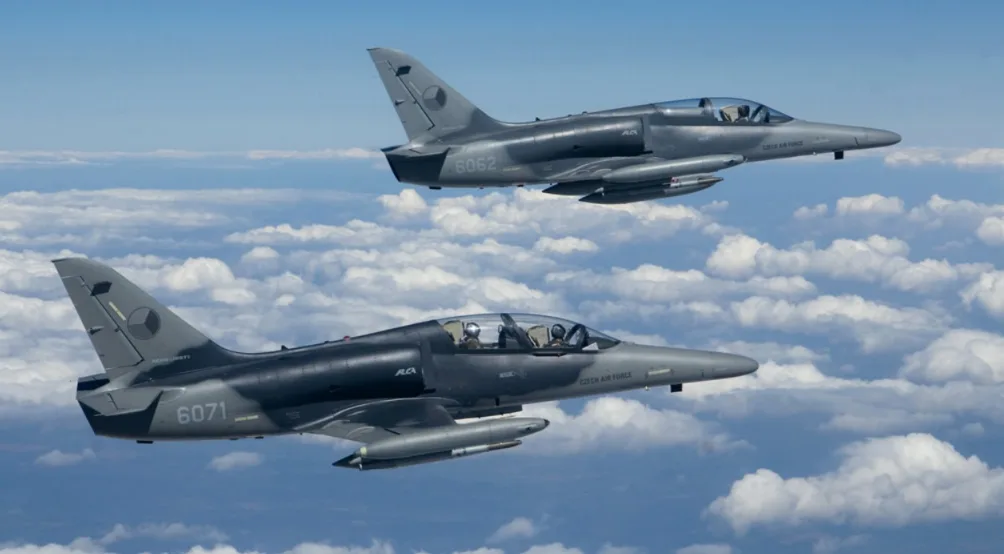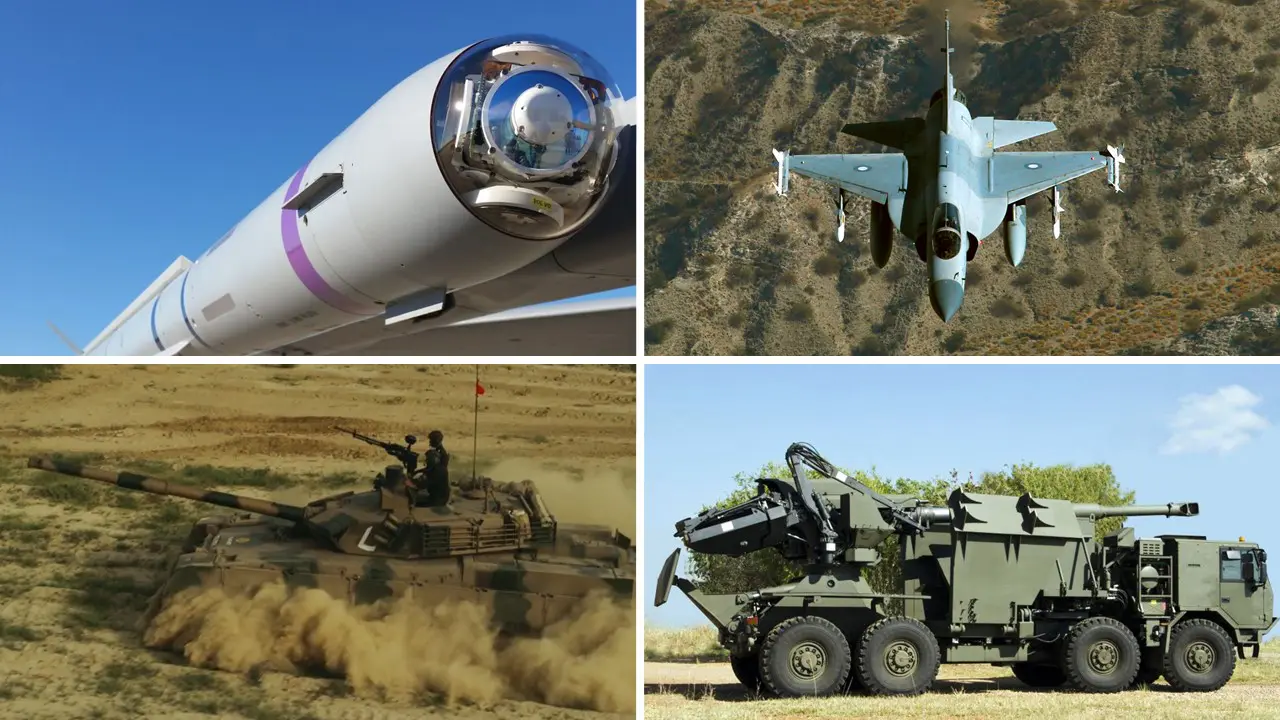3116Views 0Comments

Aero Vodochody resumes L-159 production (for one unit)
The Czech aircraft manufacturer Aero Vodochody has resumed the production of new-built L-159 Advanced Light Combat Aircraft (ALCA) – for at least one two-seat aircraft.
Meant to fulfill an ongoing order for the Iraqi Air Force, the L-159 unit will be the first new-build model produced since 2003, when the last L-159 ALCA had rolled off the production line.
Notes & Comments:
Until now, the entirety of the L-159’s sales had been achieved through the use of surplus Czech Air Force units, of which there were 48 from the initial production run. Besides Iraq, Draken International – a private contractor specializing in providing combat aircraft for exercises and training – also procured L-159s.
Aero Vodochody is hoping to use the one-off production re-run as a means to generate renewed interest in the L-159 ALCA, which it and the Czech government had hoped to push as a successor for the highly popular L-39 Albatros (of which 2,900 were produced).
There are two principal markets where Aero Vodochody could market the L-159: First, the lead-in fighter-trainer (LIFT) market, and second, as an entry-level combat aircraft. However, these markets are already flush with a wide range of capable options.
Embraer has carved relatively significant market share through its EMB-314 Super Tucano turboprop-powered attack aircraft, which is in today in Africa, Latin America, and even South Asia (via Afghanistan). In terms of LIFT solutions, the L-159 may have promise should it succeed in beating the Korean Aerospace Industries (KAI) T-50 and Leonardo M-346 Master in terms of cost.
Aero Vodochody’s decision to largely derive the L-159 from the L-39 and use commercially available off-the-shelf components should help. Should a customer require new-built aircraft, Aero Vodochody could also offer surplus L-159s as an immediate term stopgap (to help with training and familiarization).
Furthermore, Aero Vodochody and the Czech government’s efforts to access and build strong relationships in the developing world market (especially Africa and Latin America) could also help strengthen the L-159’s long-term prospects. These are cost-sensitive markets, but complex political ties with the West (i.e. also the leading arms vendors) and uncertain long-term economic prospects limit these countries’ abilities to pursue equipment from many of Aero Vodochody’s competitors. Argentina could be an example of such a prospective customer.


